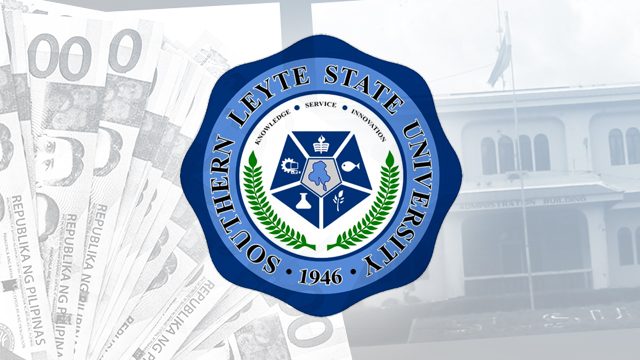SUMMARY
This is AI generated summarization, which may have errors. For context, always refer to the full article.

MANILA, Philippines – The Commission on Audit recently affirmed its notice of disallowance against P6.22 million in allowances and cash assistance from 2007 and 2008 to Southern Leyte State University (SLSU) workers in a number of its campuses.
The 5-page decision, issued last December 2 by COA Chairman Michael G. Aguinaldo and Commissioners Jose A. Fabia and Roland Pondoc, denies a petition for review filed by people held liable for using the university’s income to fund benefits for its staff.
These potentially-funded benefits would have included Strategic Planning Workshop Allowances (SPWA) and Extension Service Performance Assistance (ESPA) given to employees and officials at SLSU’s campuses in Bontoc, Hinunangan, Sogod and Thomas Oppus.
COA’s Regional Office No. 8 pointed out the cash releases were sourced from Fund 164. This is a trust fund for income made by a given state college or university (SUC). The funding was limited in scope and meant for use in “instruction, research, extension or other programs/projects” of the SUC.
While the university’s Board of Regents can authorize the release of the funds, the board has to follow laws and regulations for the use of such cash releases.
In this case, COA found the granting of SPWA and ESPA violated a number of statutes, namely the Salary Standarization Law, the General Appropriations Acts of 2007 and 2008, COA Circular No. 2000-002, and a Commission on Higher Education (CHED) Memorandum Order Number 20, series of 2011.
COA said, “the approving officers and recipients of the disallowed benefit are obligated, jointly and severally, to refund the amount.”
COA also said, “Good faith may be considered for those who were merely passive recipients or the allowances.” This means an exemption may be in place for workers at the various campuses who were not part of the process of approval and granting of the disallowed perks. – Rappler.com
Add a comment
How does this make you feel?
There are no comments yet. Add your comment to start the conversation.